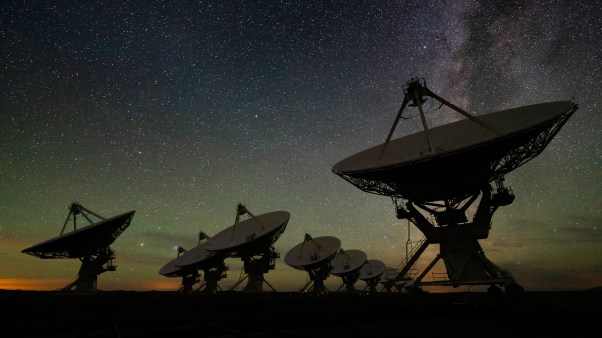Researchers recently took second looks at the perennial question of whether evangelicals are losing younger generations.
Sociologist Brad Wright examined religious affiliation by age cohort via the General Social Survey. He did that millennials born in the 1980s have shown a steep drop in evangelical affiliation unlike Americans born in the 1940s and 1950s, who steadily increased in evangelical affiliation as they got older.
But he also found that millennials appear to be following a similar rebound trajectory to Americans born in the 1970s, who dropped steeply in evangelical affiliation as twentysomethings (from approximately 27% to 21%), but returned to almost the same starting level of affiliation by their 40s.
I wonder if this initial drop downwards contributes to the hyperbole regarding the young–that Evangelical Christianity is facing an imminent collapse. We see higher-than-usual rates of them leaving in their late teens and early twenties, and we project this trend into the future. That doesn’t seem to have happened to those born in the 1970s, and it’s too early to tell for those born in the 1980s.
While the hyperbole might be a great way to sell books and get people to listen to sermons, I don’t see it born out in the data.
Meanwhile, Barna Group argues that, based on its latest research, most millennials are actually “nomads.” That is, they’re spiritually homeless but not actually the faithless people they’re portrayed to be.
“Between high school and turning 30, 43 percent of these once-active Millennials drop out of regular church attendance—[which] amounts to eight million twenty-somethings who have, for various reasons, given up on church or Christianity,” notes Barna, which goes on to delineate three different faith trajectories among this group.
The “rise of the nones”, or religiously unaffiliated, continues to make headlines, though growth within the demographicmay be slowing–and the term “nones” is less than accurate.








